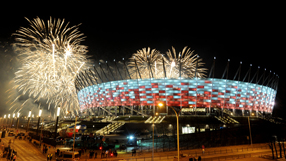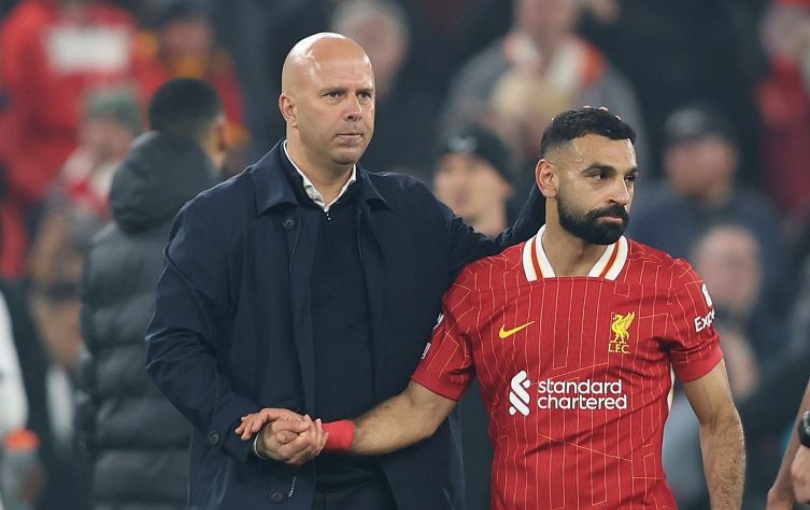Poland eager to showcase its success
Poland hopes Euro 2012 will attract about a million tourists and showcase its economic success and political stability at a time when a debt crisis has engulfed most of the European continent, Sports Minister Joanna Mucha told Reuters.

Poland and Ukraine will co-host the European Championships in June and July and Warsaw has pegged an ambitious infrastructure building programme - the largest since the country overthrew communism in 1989 - to the tournament.
"The championship is a fantastic opportunity to build up our image, as abroad it is often still far from true. We expect around a million fans and tourists to visit Poland during the games," Mucha said in an interview authorised for release on Tuesday.
"I can only say - come over. You will be really surprised by what we managed to accomplish over these 20-plus years."
Over the weekend Poland's National Stadium, built for the tournament, opened in Warsaw and the host cities of Gdansk and Wroclaw also have new sports venues, while the stadium in Poznan underwent a thorough modernisation.
Poland has built 1,440 kilometres of roads since UEFA's 2007 decision embracing the joint bid with its eastern neighbour and hopes for several hundred million zlotys in additional revenue from visitors attending the matches.
"Direct revenue related to hosting Euro 2012 never covers the costs calculated together with infrastructural investments," Mucha said. "But Euro 2012 is a gargantuan civilisational jump for Poland, which to a large extent has already happened."
The heavy investments, co-founded by the European Union's aid funds, have supported Poland's continuous economic growth since the global crisis erupted in 2008, making it the only bloc member to avoid recession so far.
Get FourFourTwo Newsletter
The best features, fun and footballing quizzes, straight to your inbox every week.
COMPLEX LOGISTICS
Mucha, who also oversees Poland's security preparations, said Warsaw still had to work out procedures aimed at coordinating multiple units and test their effectiveness.
"Poland has never had such a complex logistical event up to date. We have to be well prepared and it's not that much about riots, which in fact are quite easy to control. I mostly fear various events happening at the same time, including ones completely unrelated to the games, like weather conditions, when a clash of competences can occur," Mucha said.
"It could be a heatwave impacting health and behaviour of the fans as well as some infrastructure," she added.
Mucha said the spat between Poland's centrist government of Prime Minister Donald Tusk, a keen football fan and the country's Football Association (PZPN) did not endanger hosting Euro 2012.
However, once the tournament was over, Warsaw would revive attempts to dismiss PZPN chief Grzegorz Lato, accused by colleagues of corruption, and alter the organisation's financing structure.
"Negative emotions towards PZPN are so strong now that there is a wide-ranging expectation of change, not only from the society but also within the sports structures themselves," said Mucha.
PZPN has been involved in a series of corruption scandals but consecutive governments have failed to solve the problem.
"This is a delicate task of multilateral talks, a whole political game targetting not on
